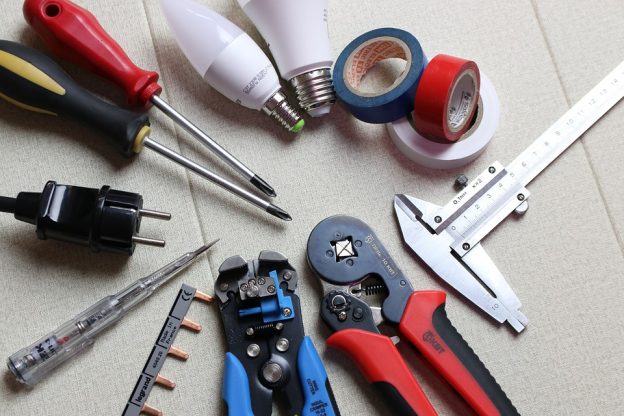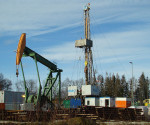How to Choose the Best Material for Your Commercial Construction
With detailed preparation and planning, you can protect your investment and save money during and after the construction of your commercial building.
When choosing the material to construct your business premises, it is important that you consider the pros and cons of what’s on offer.

photo/ Русский, pixabay user Sid74
Brick
For many centuries, brick has been a popular building material for a number of reasons. The thermal mass of brick can help buildings stay warm and comfortable in harsh climates, which in turn, can help business reduce running costs down the line. This thermal mass can also reduce outside noise which can be important in office spaces where employees are required to concentrate.
Brick also offers prospective builders the opportunity to reduce their impact on the environment as it is a recyclable, reusable and non-pollutant material. Its durable nature can also ensure that your business premises are secured for the foreseeable future, reducing the probability that you will have to invest heavily in premises again in the future. It will also reduce the running costs for less durable materials.
Another advantage of brick is the many customization options available due to the wide range of size and colors. This gives you plenty of options on the aesthetics of your building, which can be especially important if you are anticipating visits from clients or customers.
On the flip side, brick can be difficult to clean due to its porous texture, and unfortunately brick can provide the perfect environment for mold to grow in damp climates.
Steel
Steel offers a practical, easy-to-install option for business construction. If you require warehouse storage of office space, prefab metal buildings are easy to install and are budget friendly. Often these types of buildings are possible to construct yourself with step-by-step kits to guide you through the process and they provide significant savings on labor costs.
These types of construction are built to design, which gives you full control over the finished product in a way that is fully customizable. Should your business require a totally open indoor space for storing agricultural machinery, as an example, then steel frames make this possible.
As a building material, steel is also highly durable and will last for decades with little to no maintenance required as there is no need to consider rot, termites, mold or mildew. It is also fire-proof and able to withstand harsh weather such as high winds and heavy snowfall.
Concrete
Concrete offers an affordable and robust building solution which can often be locally supplied. The unique advantage to concrete is that it can be shaped to meet your needs. Should you wish to have a round building, this is entirely possible with concrete.
From a safely perspective, concrete is fire resistant and durable, requiring little to no maintenance. Another cost reducing quality of concrete is its ability to absorb and retain heat, which can help to reduce utility costs.
However, business owners should take note that cement — an element in concrete — is responsible for producing carbon dioxide, a big contributor to pollution. Over time, concrete can also appear run down and dirty and it is not always the best option aesthetically.
Author: Carol Trehearn
Important questions to ask your attorney before setting up a business














